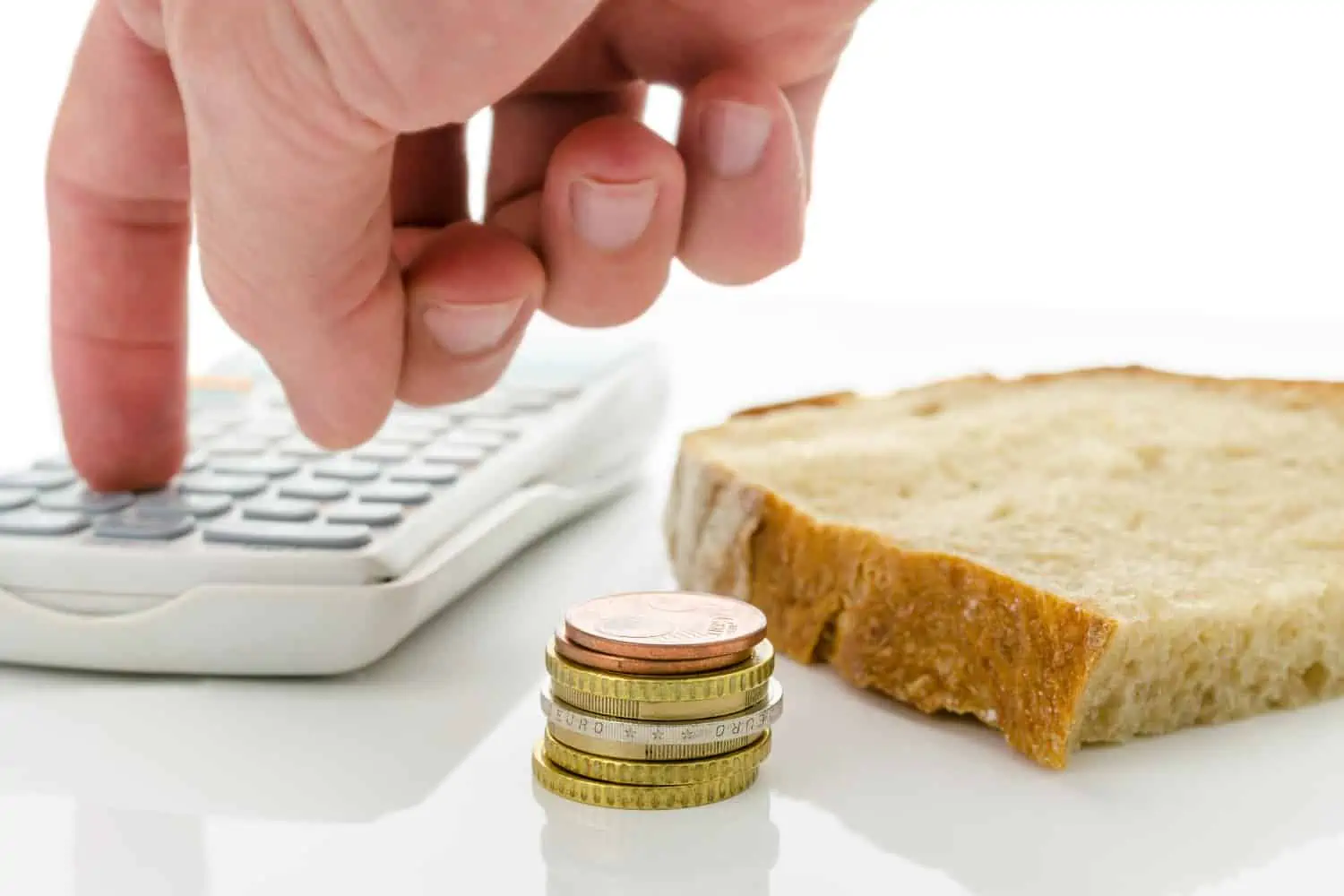With the way technology and transport has evolved over past decades, it is no wonder that our world is so intrinsically linked. Very few countries are 100% self-sufficient. Which is why long term conflicts, such as the war between Russia and Ukraine, are guaranteed to have a global ripple effect. We have already been feeling the effect it has had on fuel prices, and now South Africa can expect the added consequence of food price increases.
Wheat Shortage
Between them, Russia and Ukraine control more than a quarter of the world’s wheat exports. This means that any wheat products, such as cereals and breads, are going to drastically increase in price.
As Jannie Strydom, the spokesperson of Agri Western Cape, points out, “The price of maize is determined by global markets, and should there be a shortage, an increase is inevitable and could result in an increase in staple food prices”.
Pick n Pay has announced that they will try to mitigate the impact on prices in order to help shoppers. However, it will be tricky for any retailers. Considering that the inflation of raw ingredient prices is exacerbated by already climbing fuel costs.
Cooking Oil Price Increase
As a result of the many sanctions put in place, international vegetable oil prices have already reached a record high. Meaning that it is only a matter of time before the ripple effect reaches South Africans. What’s more is that vegetable oil is a base ingredient for many products. Including mayonnaise, margarine and even shampoo. So we can expect an all round price increase in many consumables.
Fertiliser Prices
In addition, Russia is the world’s leading supplier of fertiliser. For which the prices have already been increasing over the past couple of years. Chief economist at Agri SA, Kulani Siweya, said global fertiliser prices had already quadrupled over the past year, whereas the local prices had doubled.
So farmers are having to cope with this on top of recent fuel increases and now the soon to come base ingredient price surges. Siweya adds that even before the current crisis farmers had been under pressure, and “Russia’s invasion of Ukraine has only worsened this pressure”.
When and How Much Will the Food Price Increase?
Generally it takes a few months for price increases to hit South Africa. So economists predict that it will take roughly three months before we will be facing price increases in foods such as bread and cereals.
However, how much the prices might increase is unknown. In the meantime, Kulani Siweya, has implored the government to take “urgent action”.
